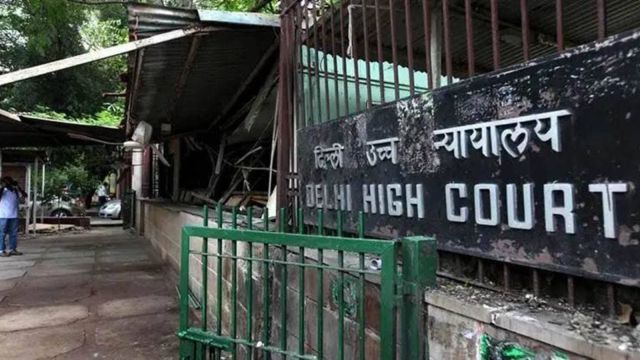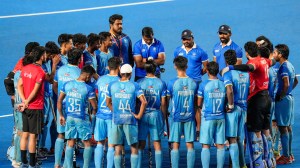Private schools bound to offer ‘inclusive education’ with ‘reasonable accommodation’ for disabled students under RPwD Act: Delhi HC
The court also highlighted that one of the mandates under the provisions of the RPwD Act is that “institutions shall detect specific learning disabilities in children and shall take suitable pedagogical and other measures to overcome them.”
 The division bench termed the institution's opposition to her admission in the school as “unfounded” and reflective of its “non-cooperative” approach. (File photo)
The division bench termed the institution's opposition to her admission in the school as “unfounded” and reflective of its “non-cooperative” approach. (File photo)The Delhi High Court on Tuesday held that the provisions of “inclusive education” with “reasonable accommodation” under Rights of Persons with Disabilities Act (RPwD Act) are “not confined to only funded educational institutions, rather it also extends to private institutions “recognized” by the Government or the local bodies.
A division bench of Chief Justice DK Upadhyaya and Justice Tushar Rao Gedela was dealing with an appeal filed by GD Goenka Public School challenging a single judge’s order which had directed the institution on July 1 to re-admit a student diagnosed with autism.
Refusing to interfere with the single judge’s order, and rejecting the school’s objection, the division bench termed the institution’s opposition to her admission in the school as “unfounded” and reflective of its “non-cooperative” approach.
The court held, “We may also note that various rights made available by the parliament by enacting RPwD Act are embodiment of human rights and have been conferred on persons with disabilities not only to ensure non-discrimination but also to provide space and opportunity for their inclusion in the society. The provisions therein are to achieve inclusive education as defined in Section 2(m) of the RPwD Act and to provide reasonable accommodation in terms of Section 2(y) of the RPwD Act…”
The division bench further observed, “It is also noticeable that such a mandate as contained in Section 16 of the RPwD Act is not confined to only funded educational institutions, rather it extends to institutions “recognized” by the Government or the local bodies. Accordingly, applicability of Section 16 of the RPwD Act to completely private and non-funded educational institutions cannot be denied on any count.”
The court also highlighted that one of the mandates under the provisions of the RPwD Act is that “institutions shall detect specific learning disabilities in children and shall take suitable pedagogical and other measures to overcome them.”
“Accordingly, it thus, becomes incumbent upon the appellant/school not only to detect and recognise the learning disabilities of the child but also to take suitable pedagogical and other measures so that such a child is able to overcome such learning disabilities,” the court observed.







